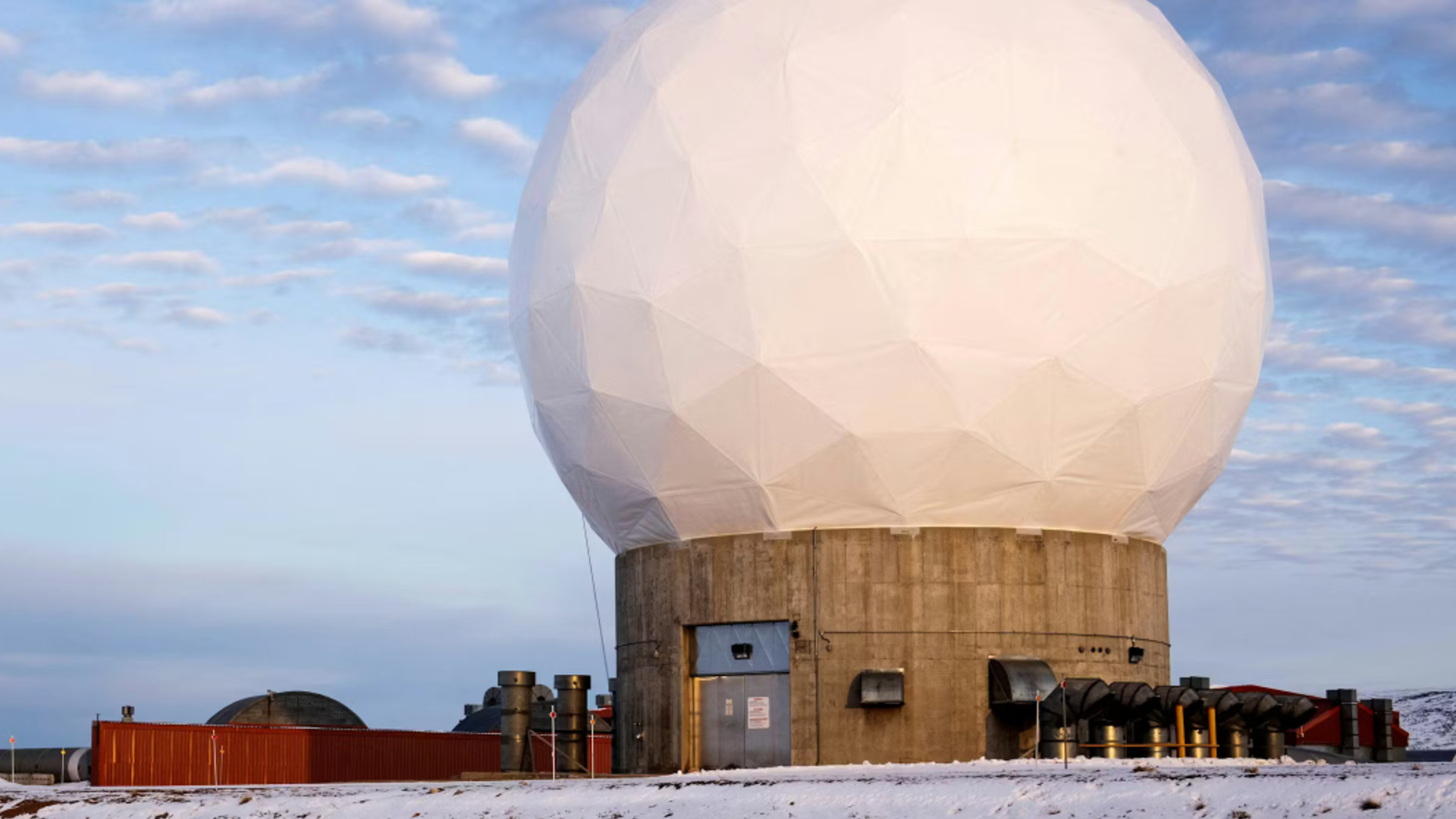NASA Extends TRMM Mission Once Again
Breaking space news, the latest updates on rocket launches, skywatching events and more!
You are now subscribed
Your newsletter sign-up was successful
Want to add more newsletters?

Delivered daily
Daily Newsletter
Breaking space news, the latest updates on rocket launches, skywatching events and more!

Once a month
Watch This Space
Sign up to our monthly entertainment newsletter to keep up with all our coverage of the latest sci-fi and space movies, tv shows, games and books.

Once a week
Night Sky This Week
Discover this week's must-see night sky events, moon phases, and stunning astrophotos. Sign up for our skywatching newsletter and explore the universe with us!

Twice a month
Strange New Words
Space.com's Sci-Fi Reader's Club. Read a sci-fi short story every month and join a virtual community of fellow science fiction fans!
NASA intends to keep flying the Tropical Rainfall Measuring Mission (TRMM) beyond this summer, a decision that will require the U.S. space agency to waive safety guidelines that call for a controlled deorbit of the aging spacecraft.
TRMM, a joint project of NASA and the Japan Aerospace Exploration Agency, was launched in 1997 for what was supposed to be a three-year mission. The $650 million spacecraft is healthy and has proven popular with weather forecasters and scientists who want to continue operating it for as long as possible.
NASA announced at the start of the 2004 hurricane season that it planned to turn off the storm-tracking satellite to save fuel for an eventual deorbit maneuver meant to drop it into an uninhabited stretch of the Pacific Ocean. That decision, also motivated by a desire to save money, drew objections from scientists in both the United States and Japan, and NASA subsequently agreed to continue the mission through the end of the hurricane season. The agency earlier this year extended the mission further, to June 15.
But the spacecraft is fast approaching the point at which its continued operation will begin consuming the onboard fuel needed to execute the controlled re-entry. NASA safety guidelines call for a controlled re-entry when a satellite poses a greater than 1-in-10,000 chance of harming people or damaging property on the ground should it be left to re-enter on its own. Allowing such a satellite to re-enter the atmosphere uncontrolled requires a waiver from the NASA administrator.
Al Diaz, NASA's associate administrator for science, who announced the week of June 13 his plans to retire from the agency, notified NASA Administrator Mike Griffin in an April 22 memo that he did not intend to seek such a waiver. TRMM is expected to hit the minimum fuel threshold for controlled re-entry in August.
TRMM proponents have long argued that the public safety benefits of improved storm tracking enabled by the satellite's rain-mapping radar outweigh the risk of damage or injury that could be caused by pieces of the satellite that do not burn up during re-entry. Their argument is bolstered by a 2002 report from Bryan O'Connor, NASA's top safety official, that concluded the added risks of an uncontrolled re-entry "appear to be reasonable" when weighed against the public safety benefits of improved storm analysis and tracking.
Griffin has now overturned Diaz's decision, announcing at a public meeting June 9 his intention to extend the TRMM mission yet again.
Breaking space news, the latest updates on rocket launches, skywatching events and more!
NASA spokeswoman Erica Hupp said the agency now is coordinating its decision with other parts of the U.S. government and NASA's Japanese partners on the TRMM mission.
"NASA's justification for the extension and eventual uncontrolled re-entry of the spacecraft is based on the expected benefits of continued operational use of TRMM data in the monitoring and forecasting of hazardous weather," Hupp said June 16. "We also considered public safety benefits of using TRMM information and the additional benefits to scientific research."
With the controlled de-orbit requirement waived, TRMM is expected to last until at least 2010, when the first of a series of planned follow-on Global Precipitation Measurement Mission satellites is due to launch.
Brian Berger is the Editor-in-Chief of SpaceNews, a bi-weekly space industry news magazine, and SpaceNews.com. He joined SpaceNews covering NASA in 1998 and was named Senior Staff Writer in 2004 before becoming Deputy Editor in 2008. Brian's reporting on NASA's 2003 Columbia space shuttle accident and received the Communications Award from the National Space Club Huntsville Chapter in 2019. Brian received a bachelor's degree in magazine production and editing from Ohio University's E.W. Scripps School of Journalism.
